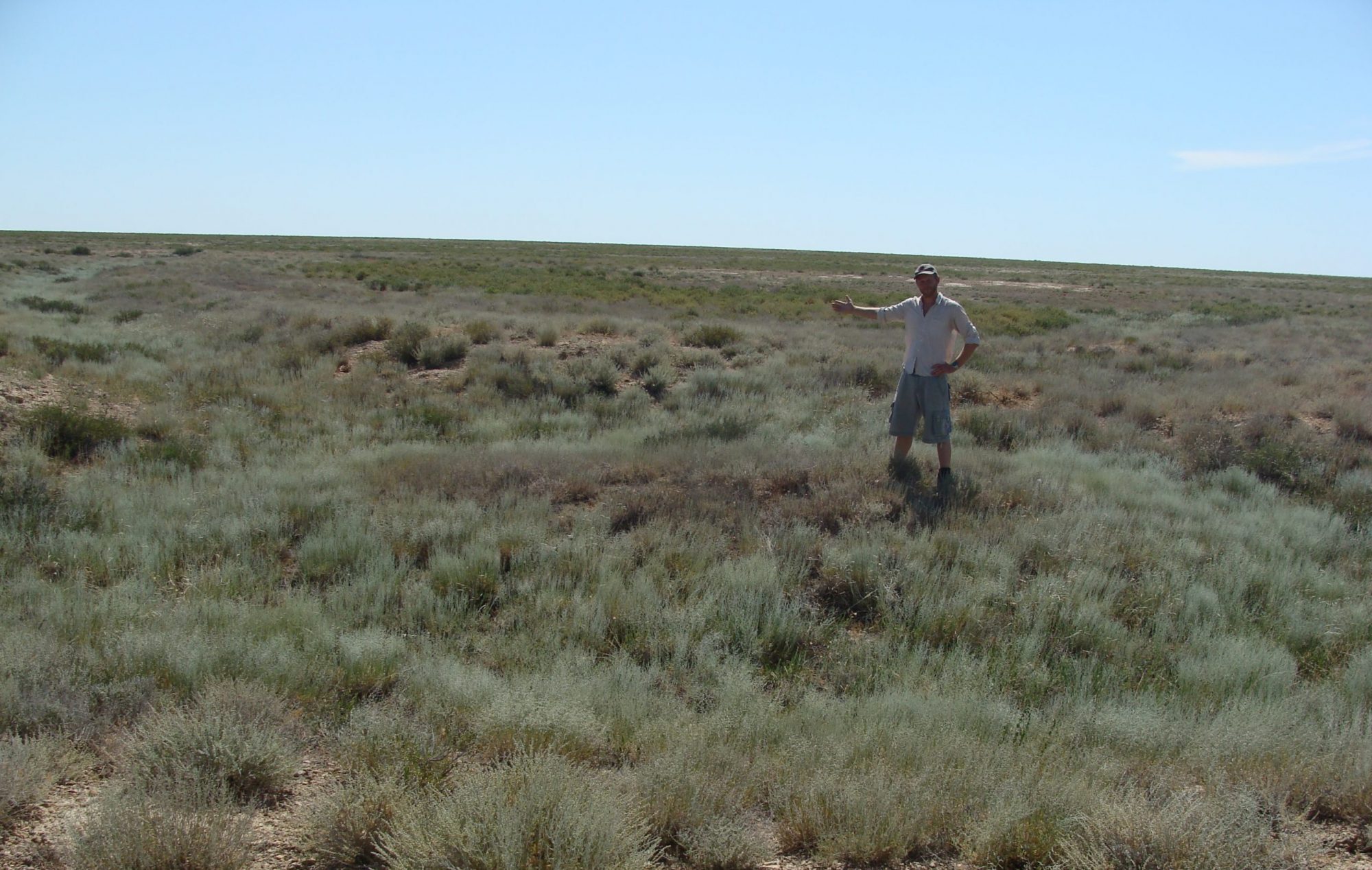RESEARCH GROUP MEMBERS
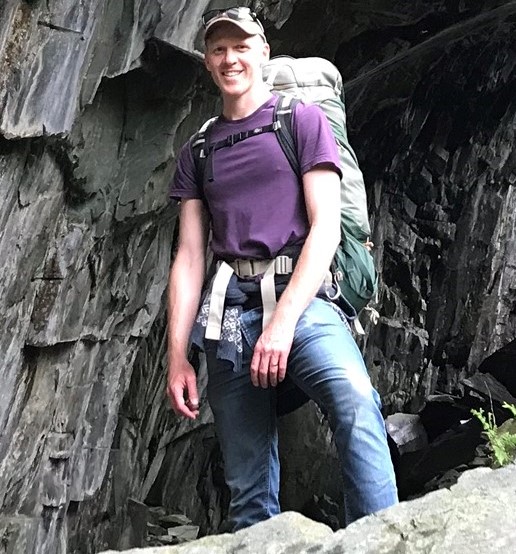
Joe W Bull | Lead researcher | Joe’s main research interests lie in exploring, at the landscape scale, which components of biodiversity are the most crucial to protect and restore – given that ecosystems are dynamic, uncertain and subject to environmental change. To do so, he combines field ecology with simulation modelling and algorithm development, statistical analysis of large secondary data sets, and spatial data analyses (including working with satellite imagery). Explore Joe’s publications here.
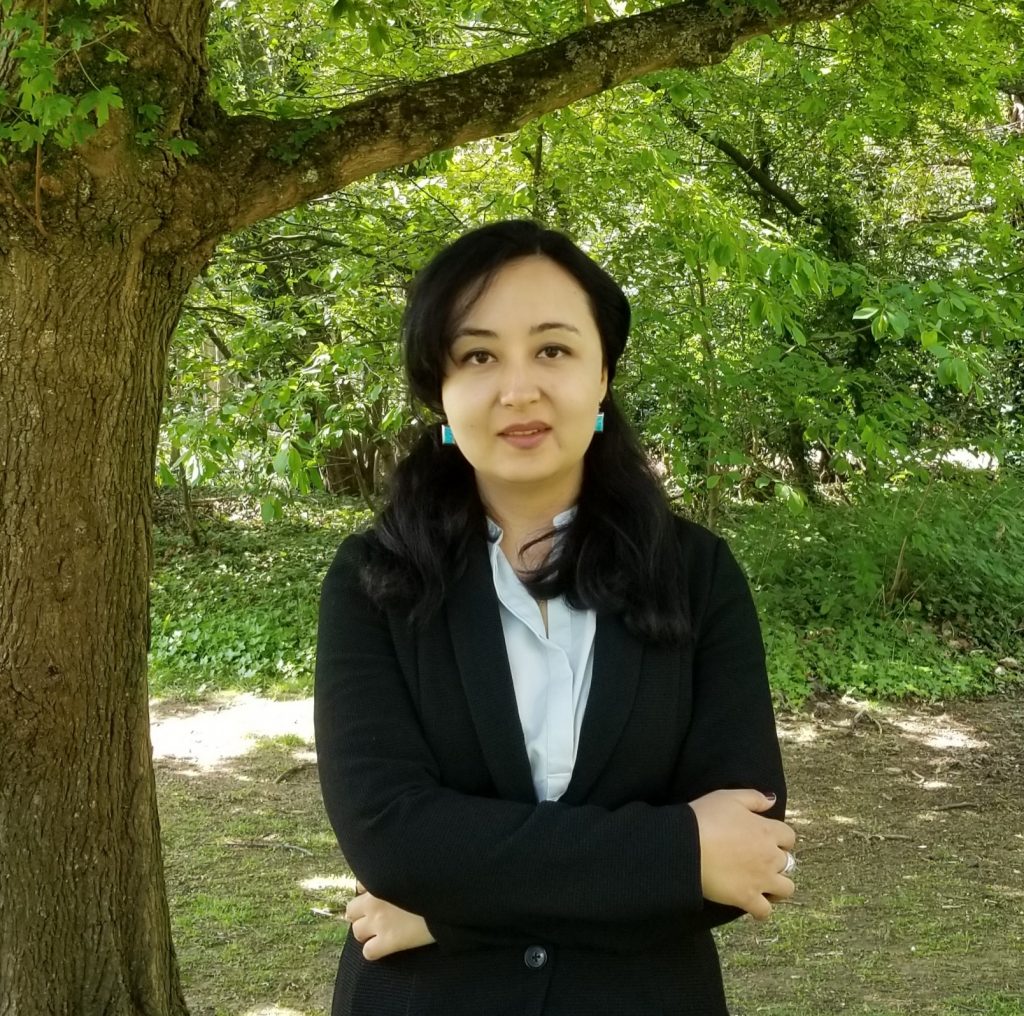
Shahzoda Alikhanova | PhD Researcher | Shahzoda is based at the University of Oxford, and her research is focused on exploring the application of nature-based solutions in the Aral Sea basin. She is using a multidisciplinary approach at the cross-section of ecological and geospatial sciences. Her broader interests lie in biodiversity policy, habitat connectivity and spatial data analysis. More generally, Shahzoda has a cross-sector experience – biodiversity conservation, forest, land and water resources management, climate change, good agricultural practices and renewable energy. Explore Shahzoda’s publications here.
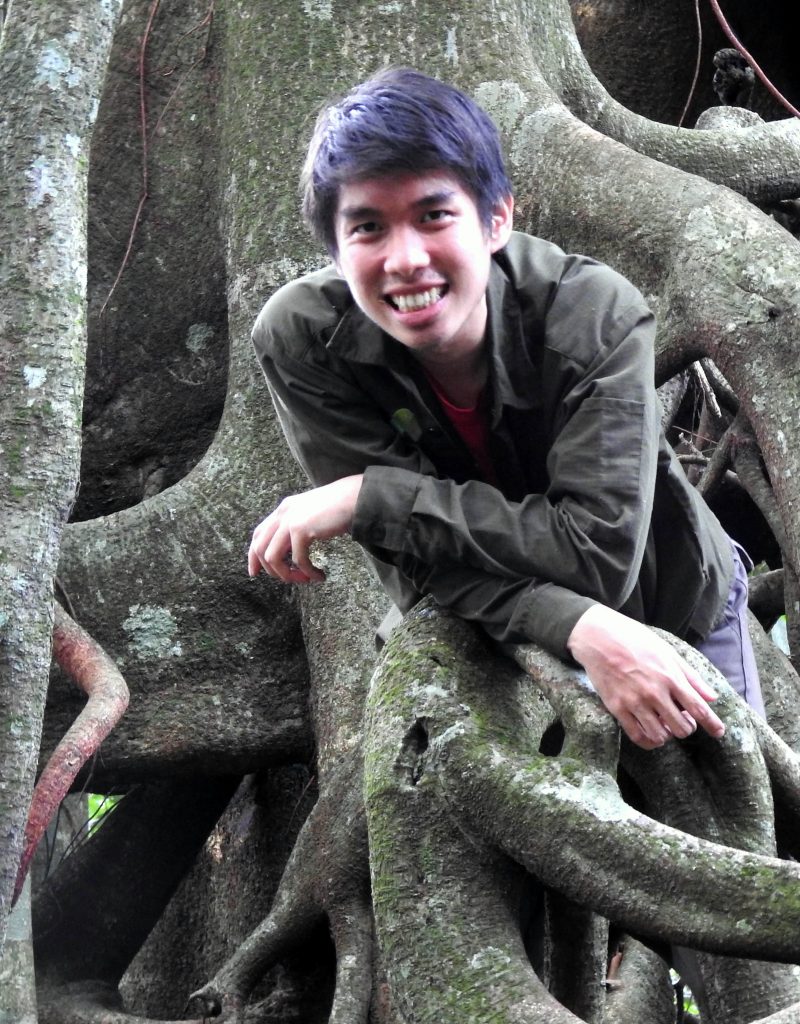
Ardiantono | PhD researcher | Ardiantono (Ardian) is at DICE (University of Kent) as part of the Tropical Defaunation Hub led by Dr MJ Struebig. His PhD work is focused on understanding the population dynamics of terrestrial vertebrates across Sumatra, using a combination of remote observations (eg. camera trap data) and direct field surveys, as well as appropriate statistical modelling. Subsequently, he will assess the technical feasibility of measures designed to conserve and restore habitat and species populations in the face of major infrastructure expansion. His PhD is supervised by Dr Struebig and Dr JW Bull.
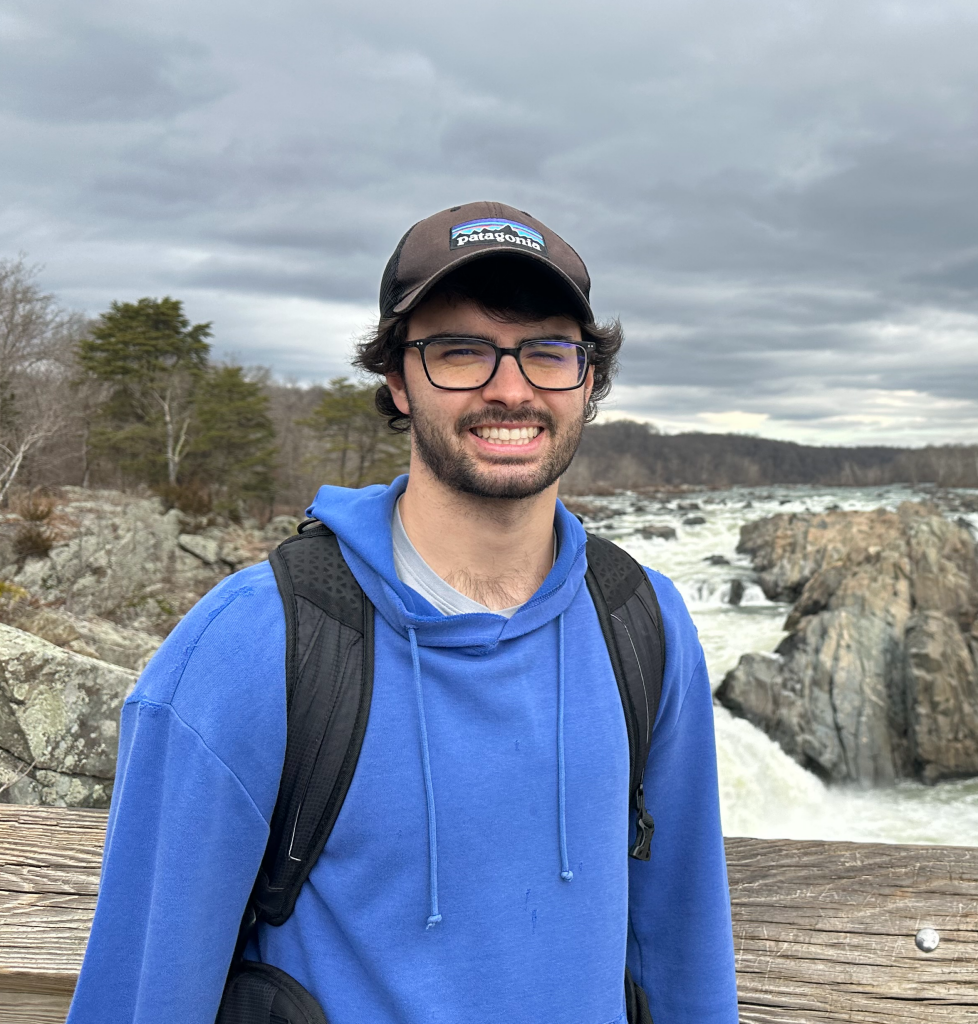
Alex Dhond | PhD researcher | I am currently a DPhil student in the Biology Department, funded by the EcoWild NERC Centre for Doctoral Training programme. My research interests primarily focus on wetlands ecology and conservation, and as part of my DPhil, I will explore stressors causing wetland loss in the US and UK and how net environmental outcome policies can improve wetland restoration and conservation outcomes. I hope to combine field data collection of biological and chemical wetland characteristics at UK sites with data synthesis approaches for thousands of wetland restoration projects in the US to link development stressors, restoration outcomes, and characteristics of project policies that led to successful wetland outcomes. Prior to Oxford, I completed a B.S. in Biology from UC Berkeley, a MSc in Ecology from Imperial College London, and also spent two and a half years as a researcher at the United States Environmental Protection Agency, working on projects spanning ecotoxicology to blue carbon to wetland restoration.
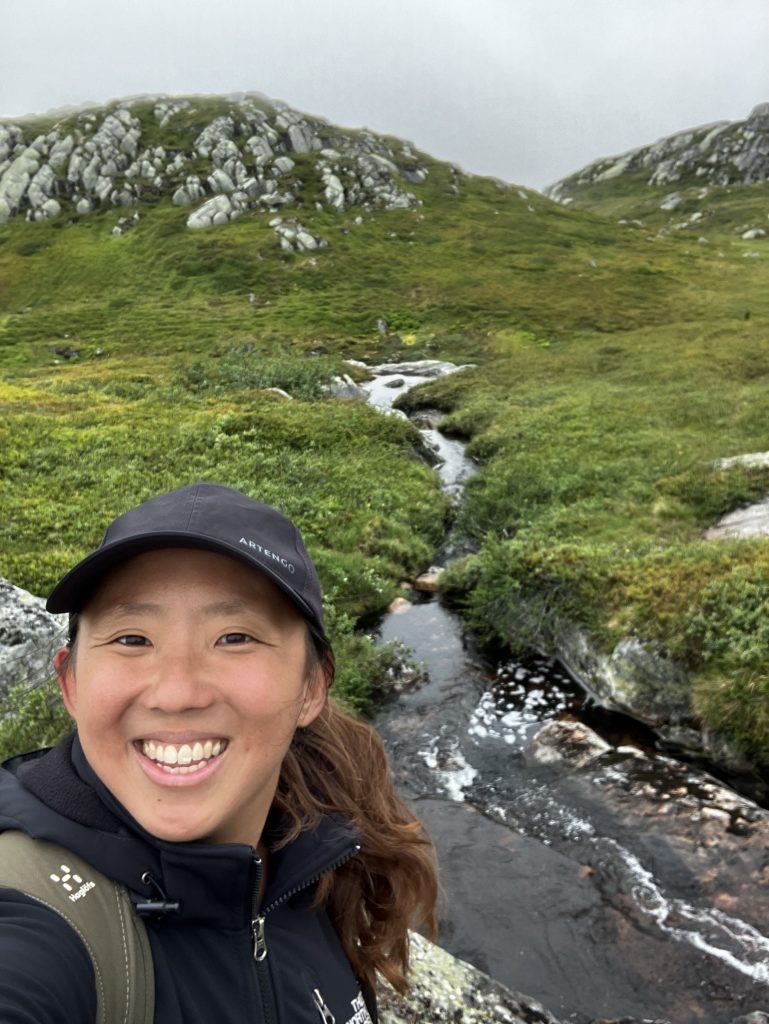
Niak Koh | Postdoctoral researcher | Niak is an interdisciplinary researcher in sustainability science, focusing on global environmental governance, climate and biodiversity policy, biodiversity finance, biodiversity offsets, and human rights. Her research interests are centered around achieving global biodiversity goals through a rights-based approach, an equity lens, and a recognition of indigenous and local knowledge. She has worked on case studies ranging from hydropower in the Mekong region to biodiversity offset policies in several countries, including the US, Germany, Sweden, and Madagascar, as well as policy processes such as the Convention on Biological Diversity. Her work is situated within the science-policy interface and she is passionate about engaging with sustainability through research, policy, and education. She contributes to ongoing policy processes as a fellow of the Intergovernmental Science-Policy Platform on Biodiversity and Ecosystem Services (IPBES) Business and Biodiversity assessment and a member of the Indigenous and Local Knowledge Liaison Group. Her postdoctoral research is funded by the EU Horizon 2020 project ‘GoNaturePositive!,’ which aims to facilitate transformative action towards a nature-positive economy among policymakers, businesses, and society at large.
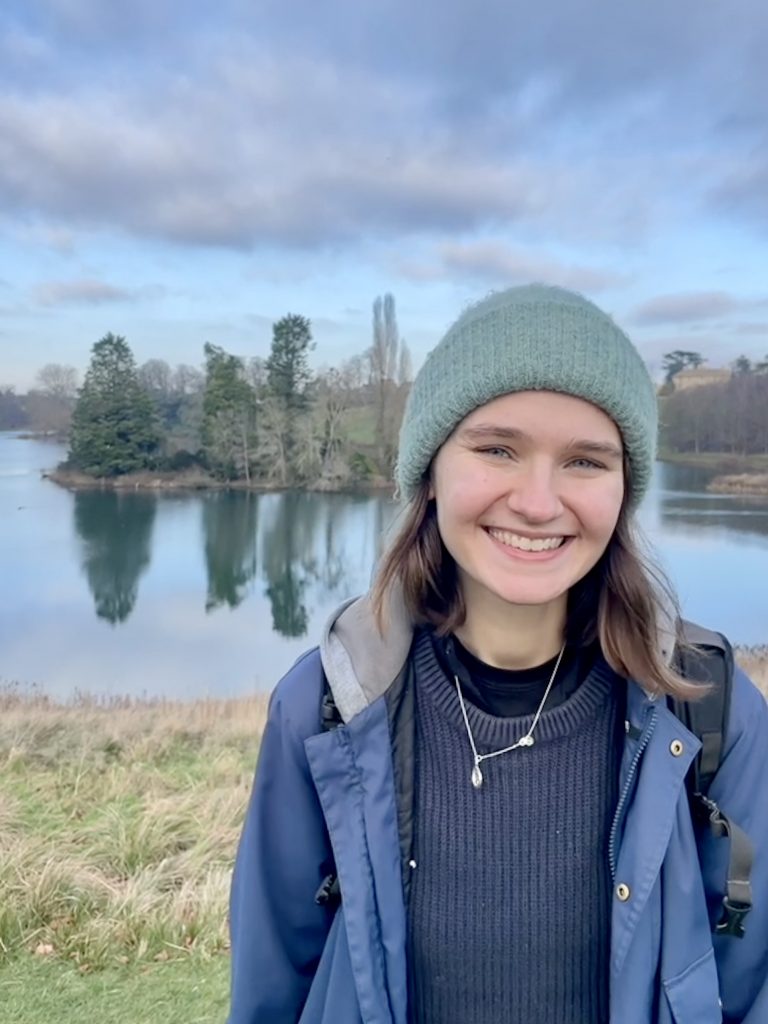
Charlotte Maddinson | PhD researcher | Charlotte is based at the University of Jyväskylä, undertaking doctoral research as part of the Biodiversity Footprint Team. Her doctoral research explores the relationship between Net Zero and Nature Positive approaches through the lens of large organisations. In particular, she is interested in the potential of LCIA-based footprinting methods to integrate climate and biodiversity action. Previously, Charlotte completed an MBiol in Biological Sciences, supervised by Joe Bull and Talitha Bromwich. Her PhD is supervised by Janne Kotiaho, Sami El Geneidy, and Joe Bull.
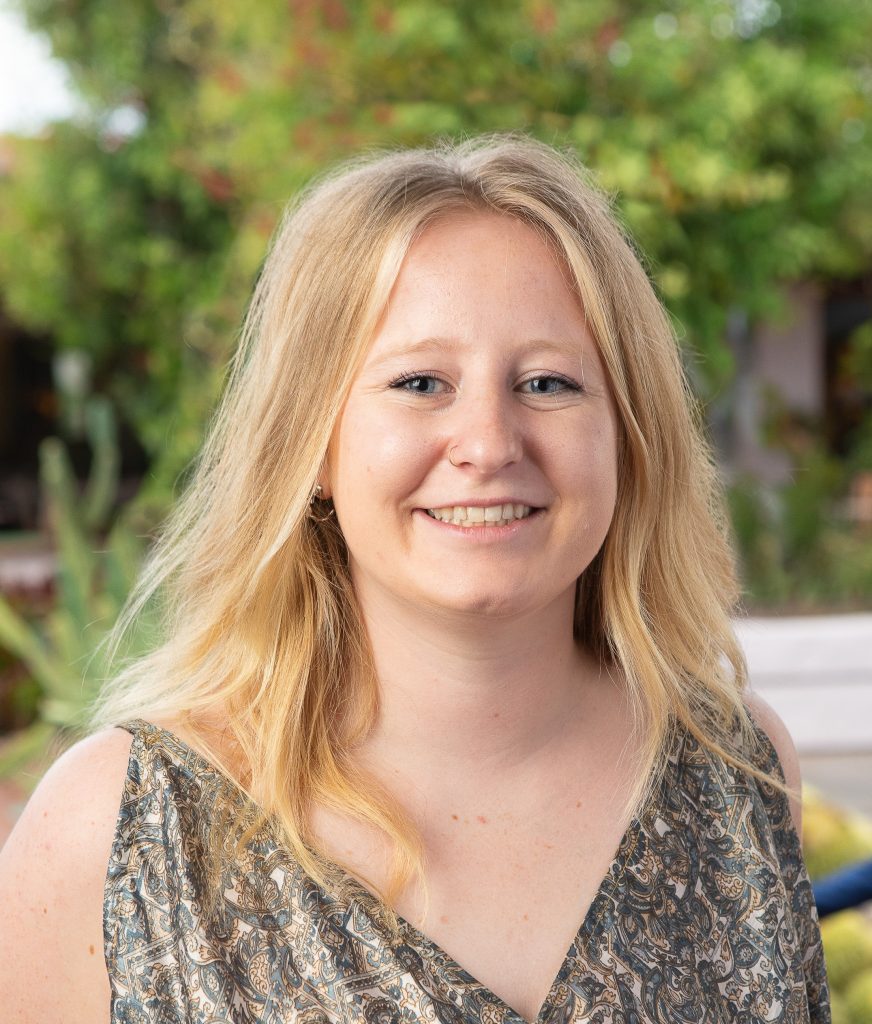
Rachel Martin | PhD researcher | Rachel is pursuing a DPhil at the University of Oxford, where her interests lie in the biodiversity impacts of economic development and the metrics and methods for evaluating nature positive outcomes. She also serves as a part-time Technical Manager for the Nature Positive Initiative. Previously, Rachel led the Extinction Solutions Index at Conservation X Labs to evaluate solutions to global biodiversity loss. Her past research spans diverse topics looking for solutions to complex conservation challenges, including on conservation technology and innovation, coastal climate adaptation, marine ecosystem indicators with NOAA, harbor seal cognition in Germany, endangered plant recovery in the US, and species distribution models for climate change impacts on lizards in the Kgalagadi Transfrontier Park.
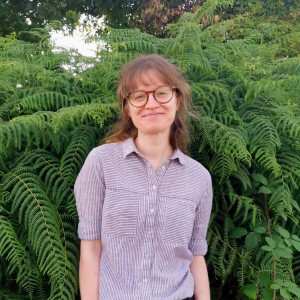
Talitha Bromwich | Postdoctoral researcher; Lead analyst | Talitha works on nature positive tools to measure biodiversity footprints and plot a path towards worldwide ecological recovery. This involves collaborating with organisations to quantify the environmental impacts and biodiversity losses associated with different activities and identify how these could be mitigated through institutional change. Talitha has a background in Physics and Bioinformatics, with a DPhil working on high-energy particle collider technologies and a post-doctoral research position in causal methods in human disease genetics. She recently completed an MSc in Global Biodiversity Conservation to focus her skills on working towards a nature positive future. Other interests include rewilding and nature-based solutions through work with Rewilding Britain, and remote sensing technologies for habitat mapping – most recently using LiDAR to map over-road tree canopy connectivity to support pine marten reintroduction projects.

Shuo Gao | PhD researcher | Shuo Gao (Jack), based at the University of Oxford, focuses on means for balancing economic, social and environmental outcomes during business development processes in emerging economies. He is currently researching the establishment of green business models that could enable the Chinese industrial sector to improve its environmental performance. Further, he is interested in the application of economic appraisal techniques to evaluate non-market environmental disamenities. Explore Jack’s publications here.
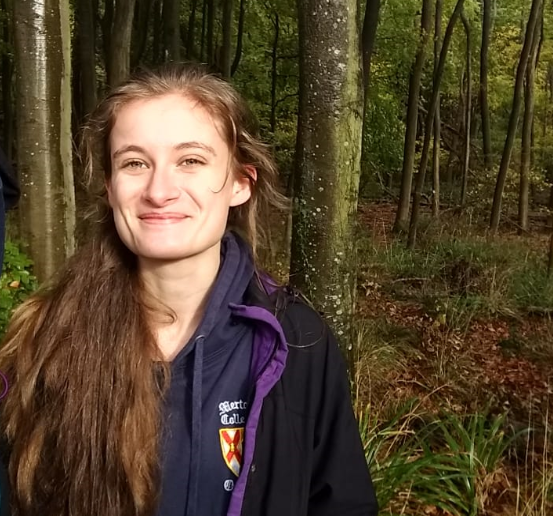
Isobel Hawkins | Researcher | Isobel is based at the University of Oxford, where she is working on an MBiol Project into the ability of Defra’s Biodiversity Metric 3.0 to detect variation in habitat condition. The goal of the project is to evaluate how well the Metric performs as a tool for enabling development to achieve Biodiversity Net Gain. More generally, Isobel is interested in the policy and methods involved in the restoration and enhancement of UK biodiversity. She is currently working for the group as a researcher, collecting and processing data on the implementation of Biodiversity Net Gain in early adopter councils.
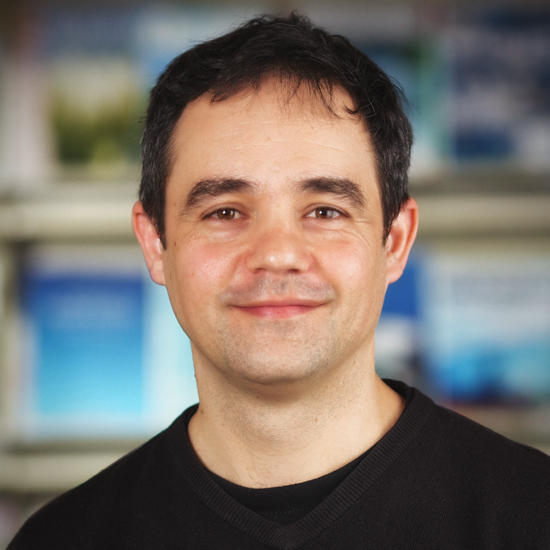
Diego Juffe-Bignoli | PhD researcher | Diego is carrying out a part-time PhD under the auspice of The Development Corridors Partnership project with UNEP-WCMC. The project uses a capacity-building approach to examine proposed development corridors in Kenya and Tanzania, assessing how they can be designed to deliver sustainable, inclusive, and resilient economic growth. Diego is exploring the science of assessing the impacts of development corridors (i.e. large scale infrastructure development programmes), by investigating the application of the mitigation hierarchy and considering cumulative impacts from multiple projects within development corridors. His methods build over 15 years of professional experience and revolve around GIS, connectivity analyses, systematic conservation planning, and analysis of large secondary data sets. Explore Diego’s publications here. LinkedIn in profile here.
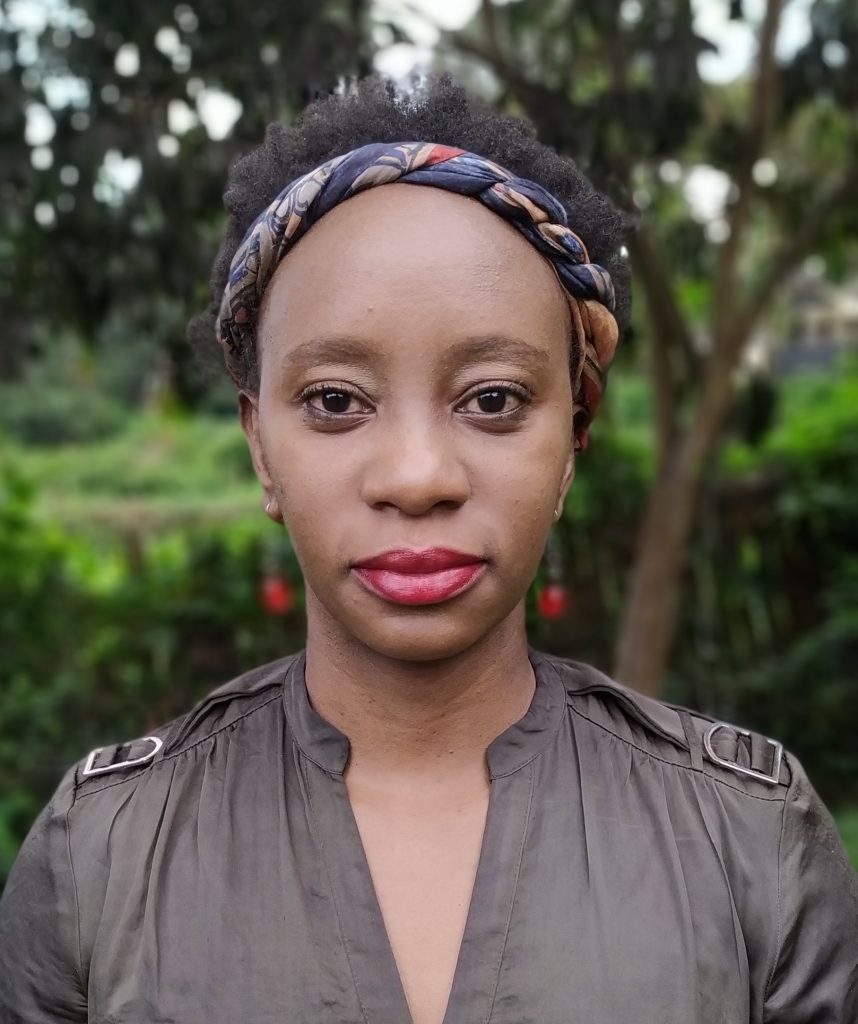
Maureen Kinyanjui | PhD researcher | Maureen is interested in exploring human behaviour in dynamic social-ecological systems, and how that influences conflict between humans and wildlife. During her PhD, she will specifically analyse how rapid and ongoing system change is influencing anthropogenic interactions with elephants in Sagalla, Kenya. To do so, she will consider recent social, psychological and economic drivers of change, going on to develop predictive models of future interactions between humans and elephants. Ultimately, her research aims to support conflict management interventions in becoming more effective and robust to changing social-ecological contexts.
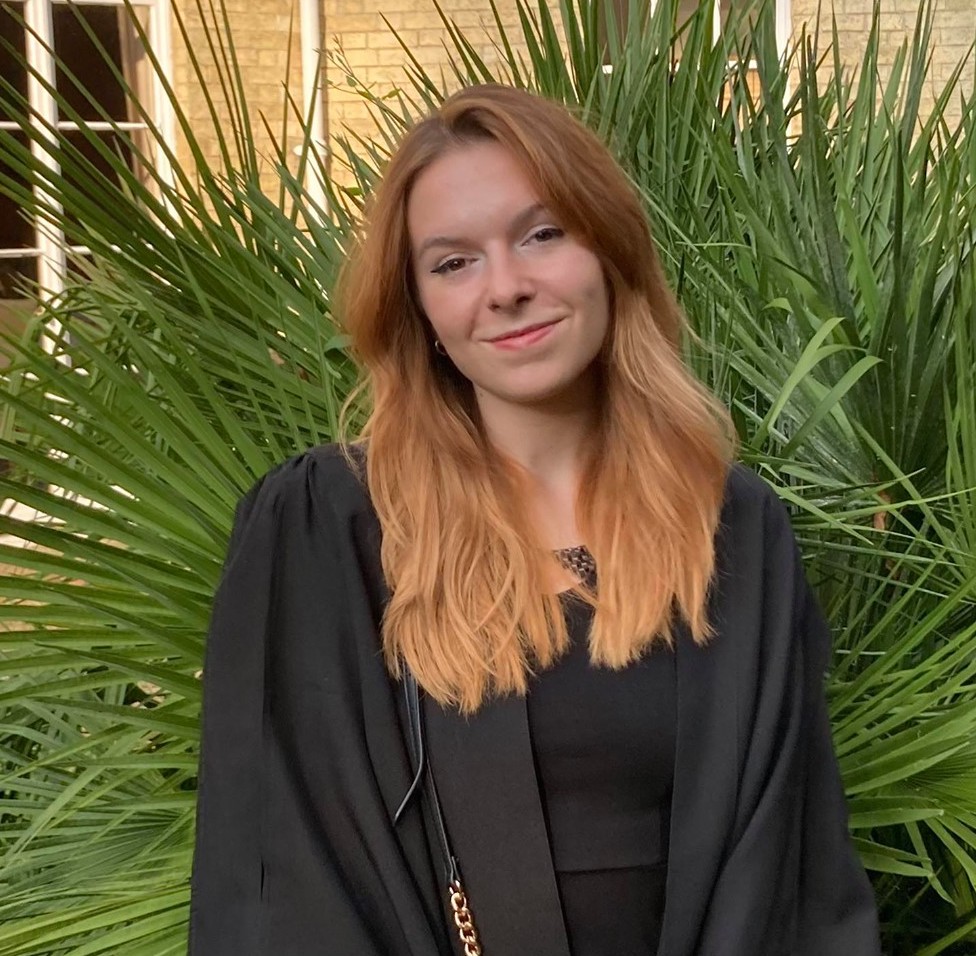
Lorena Vidal | Researcher and data analyst | Lorena is interested in using data analysis to uncover the diverse impacts of human activities on biodiversity loss and climate change, and using these insights to support the implementation of efficient nature-positive solutions. To do so, she works with a variety of methodologies including Life-Cycle Impact Assessments and literature reviews. Lorena’s broader interests lie at the intersection of biological and social sciences, and seeking for research to inform transformative and impactful changes for people and nature. She completed an MPhil in Development Studies at the University of Cambridge (UK), and a BSc in Biodiversity, Conservation and Biology at McGill University (Canada).
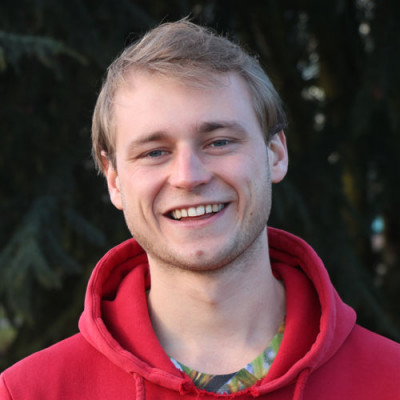
Sophus zu Ermgassen | Postdoctoral researcher | Sophus’ research takes an interdisciplinary approach towards resolving the potential conflict between the expansion of the world’s infrastructure networks and biodiversity conservation. His methods include evidence-synthesis, spatial analyses, and causal inference. he has multiple other interests including market-based instruments for biodiversity conservation, post-growth economics, ecosystem service quantification, rewilding, and the biodiversity impacts and governance of the global sand-mining industry. Explore Sophus’ publications here.
VISITING MEMBERS

Hanna Kalliolevo | PhD researcher | Hanna focuses on exploring the outcomes of biodiversity offset policies. She uses analyses of spatial statistics and landscape trends to reveal the result of offset implementation on the ground. This is in terms of both biophysical outcomes, and also how those relate to people and their potential use of biodiversity.
FORMER MEMBERS
CURRENT RESEARCH AFFILIATIONS (J W Bull)
Associate Professor, Tutorial Fellow
Interdisciplinary Centre for Conservation Science
Steering Group member
Durrell Institute of Conservation and Ecology
Visiting Researcher
Research team member.
Research team member.
Institute of Zoology of the Uzbek Academy of Sciences
Collaborator.
Environmental Decisions Alliance
Member.
IUCN Thematic Group on Ecosystem Impact Mitigation and Ecological Compensation
Member.
Oxford Martin Programme on Biodiversity & Society
Researcher.
